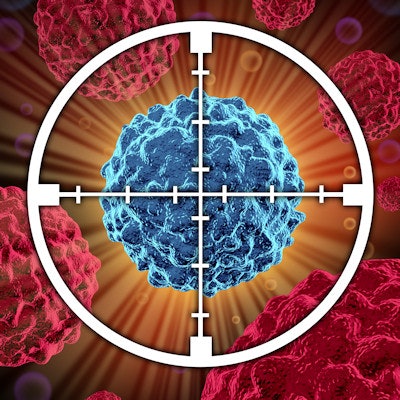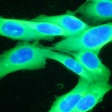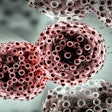
DiaCarta will collaborate with the U.S. National Cancer Institute (NCI) on evaluating and developing the company's proprietary xenonucleic acid-mediated molecular clamping technology.
Under a two-year Cooperative Research and Development Agreement (CRADA), the organizations will work on investigating low-frequency mutation events in cancers and rare diseases using DiaCarta's technology, as well as develop xenonucleic acid probes for in situ cancer cell detection.
DiaCarta's molecular clamping technology uses synthetic xenonucleic acid molecular oligomers that hybridize with only wild-type DNA sequences, the company said. The oligomers act as molecular clamps that block the wild-type sequences, allowing for amplification of mutant sequences using quantitative real-time polymerase chain reactions.



















